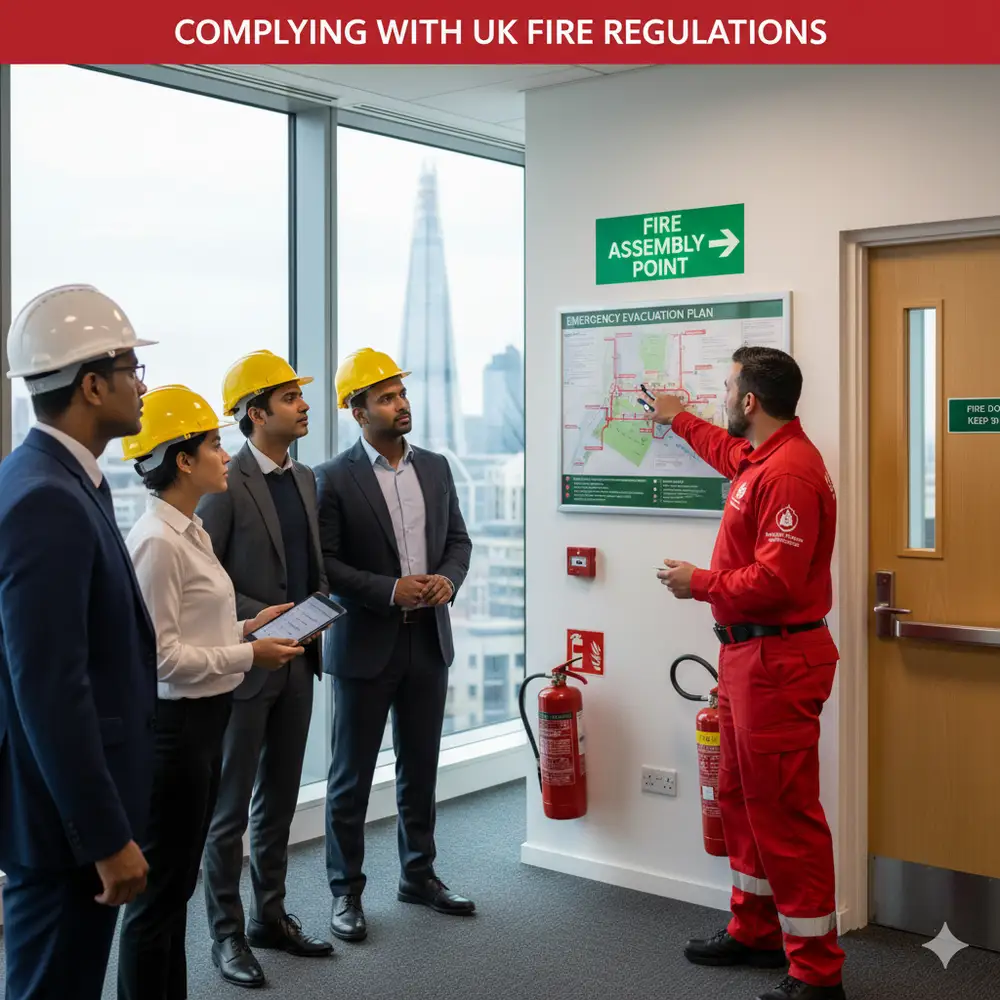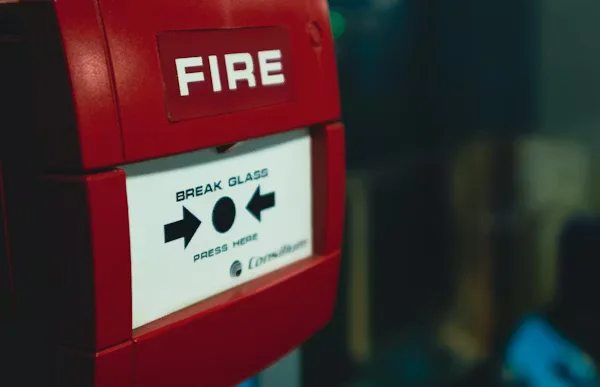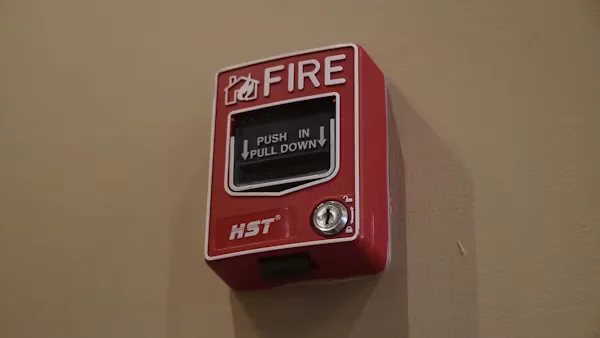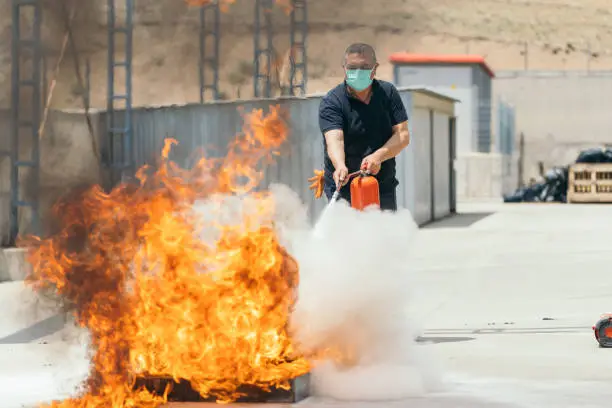Complying with UK Fire Regulations: Alarms That Keep You Safe
Fire safety is serious. And it’s easy to forget about it until something happens. UK law is clear on what you need in buildings. But many people don’t really know what’s required.
Fire alarms are one of the main ways to stay safe. They warn you early. That gives you time to get out. Sounds simple but the rules around them can be confusing.
Why Fire Regulations Matter
The law wants to keep people safe. It doesn’t care if it’s your home or a business. If you ignore fire safety, the consequences can be bad. Fines, criminal charges, even prison. And of course, injury or worse for anyone inside.
Regulations cover different buildings in different ways. Homes have one set of rules. Workplaces have another. And rented properties need to meet standards too. Some rules are about the type of alarm. Others are about where it goes.
And it’s not just about alarms. Fire doors, exit signs, extinguishers. All part of the system. But alarms are the first warning. Without them, nothing else matters much.
Types of Fire Alarms in the UK
There are mainly three types.
Smoke Alarms
These go off when they detect smoke. They’re common in homes. Usually on ceilings in hallways and bedrooms. They need regular testing. Replace the battery once a year if it’s not hardwired.
Heat Alarms
Detect a rise in temperature. Good for kitchens or garages. Smoke alarms can go off for burnt toast. Heat alarms are less sensitive.
Manual Call Points
Found mostly in workplaces. You press them if you see a fire. They trigger the alarm system across the building.
Not every building needs all three. But the right one in the right place is essential.
Where Alarms Should Be Placed
Placement is tricky. The law gives guidance but it can be confusing.
In a home, a smoke alarm should be in every bedroom, hallway, and landing. Kitchens should avoid smoke alarms unless it’s a heat alarm.
Businesses need more planning. Big spaces may need multiple alarms. Some areas need specialised alarms for deaf or hard of hearing staff.
And don’t put alarms too close to windows or vents. Airflow can stop them working properly.
Maintenance and Testing
An alarm isn’t useful if it doesn’t work. Test them regularly. Monthly checks are recommended. Press the test button and listen.
Batteries matter. Some alarms have 10-year batteries. Others need changing every year. Replace the alarm itself if it’s old or damaged.
Businesses must keep records. Fire safety audits often check alarms. If you can’t prove they work, you could face penalties.
Fire Alarm Systems in Workplaces
Workplaces often need more than a single alarm.
Systems can be simple, with one alarm connected to others. Or complex, with panels that monitor the whole building. Some connect to the fire service automatically.
Training staff is part of it. Everyone should know the sound of the alarm. And the escape routes. Alarms without training can still fail to save lives.
Common Mistakes
People make the same mistakes a lot.
Ignoring batteries. Moving alarms because they beep too much. Covering alarms with paint or decorations. These all stop them working.
Not testing is a big one. People think installing it is enough. But alarms can fail. Dust, insects, humidity. All affect performance.
Another mistake is relying on one type of alarm. Homes can have smoke only. But kitchens need heat alarms. Offices need call points too.
Legal Responsibilities
Landlords must follow rules. Tenants should report problems. Employers have duties too. You can’t just install alarms and forget them.
UK fire law is there for safety. And courts don’t excuse ignorance. If a fire happens and you failed to meet standards, penalties are serious.
Summary
Fire alarms save lives. You need the right type in the right place. Test them, maintain them, and follow regulations.
It might seem complicated. But the basics are simple. Smoke alarms in homes, heat alarms in kitchens, manual call points at work. Check batteries, check placement, train people.
And don’t ignore the law. It’s not there to annoy you. It’s there to make sure everyone gets out if fire happens.
Contact Us Today
If you’re thinking about fitting or upgrading a commercial fire alarm system, talk to RJ Wilson. We’ve worked with all kinds of buildings and know what actually works day to day.
We can design, install, and maintain systems that fit your space and meet all safety standards. No hard sell, just honest advice from people who do this for a living.
Get in touch with RJ Wilson today to find out how we can help keep your building safe.




